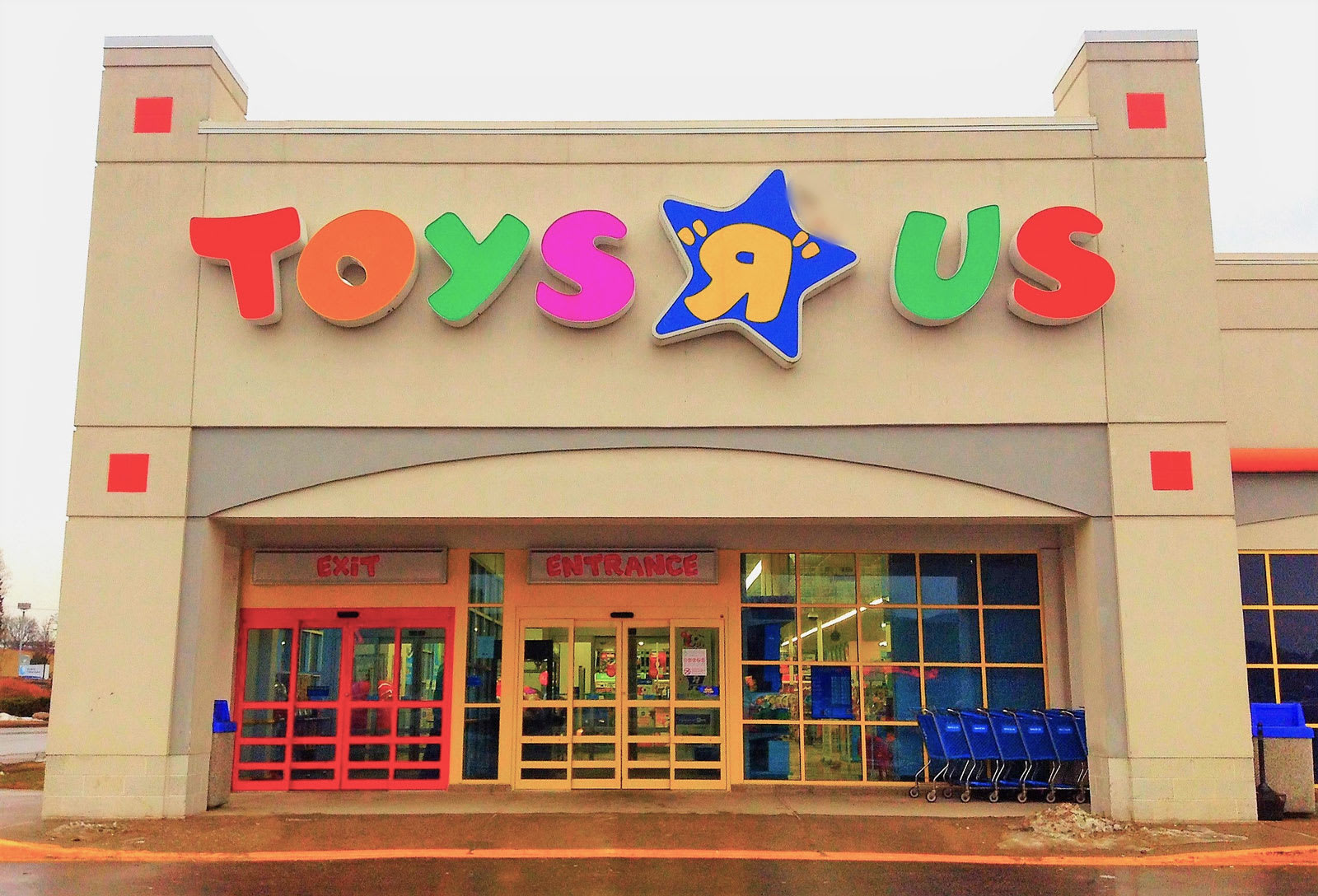This morning I interviewed a
lady searching for a job opportunity.
"We worked so hard," she said with tears in her eyes.
I listened to her carefully
while trying to empathize with her frustration.
"You wouldn’t believe how hard we worked to adapt to change,"
she said, "but all our efforts
were worthless."
This lady that I was
interviewing had worked for years at one of the local ToyscRUs. She witnessed
how the once stable company had slowly gone bankrupt.
This was a painful story of our
changing economic environment.

What
problems will the next generation face?
Dealing with unpredictable CHANGE will be the number one
problem newer generations will face in the decades ahead.
Sadly, we don’t know how to change, and even worse, we
don’t LIKE to change.
Comments
Post a Comment